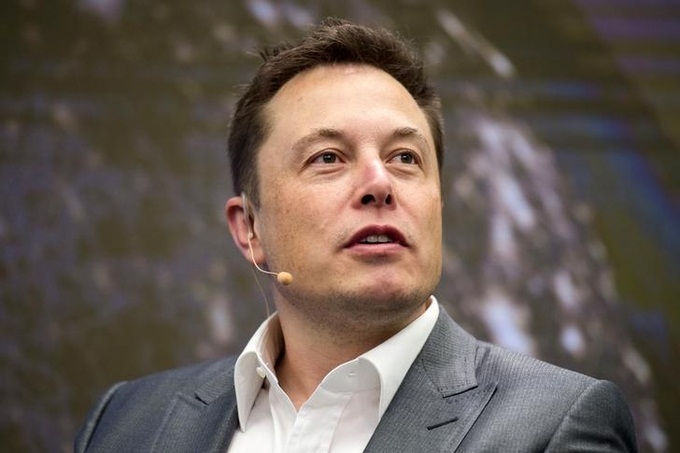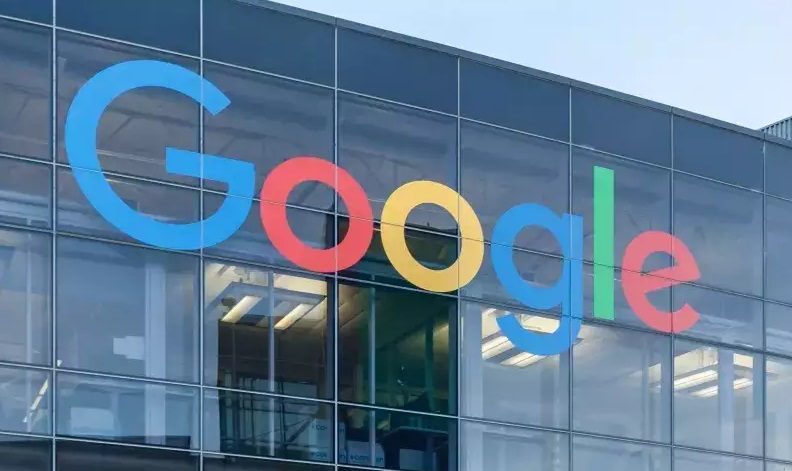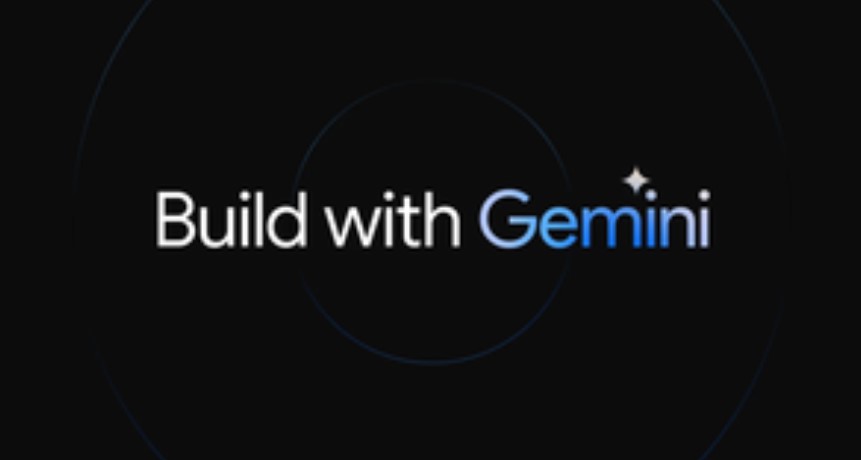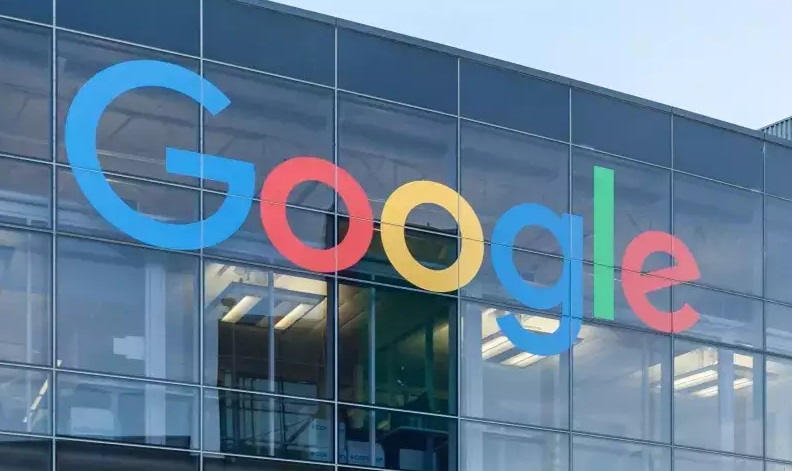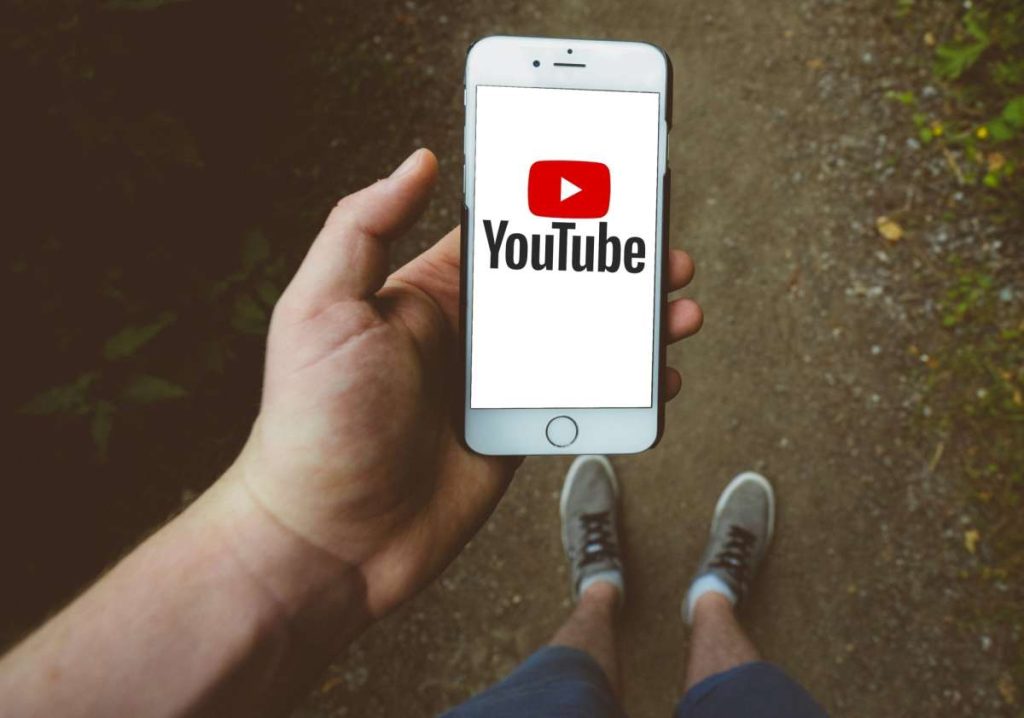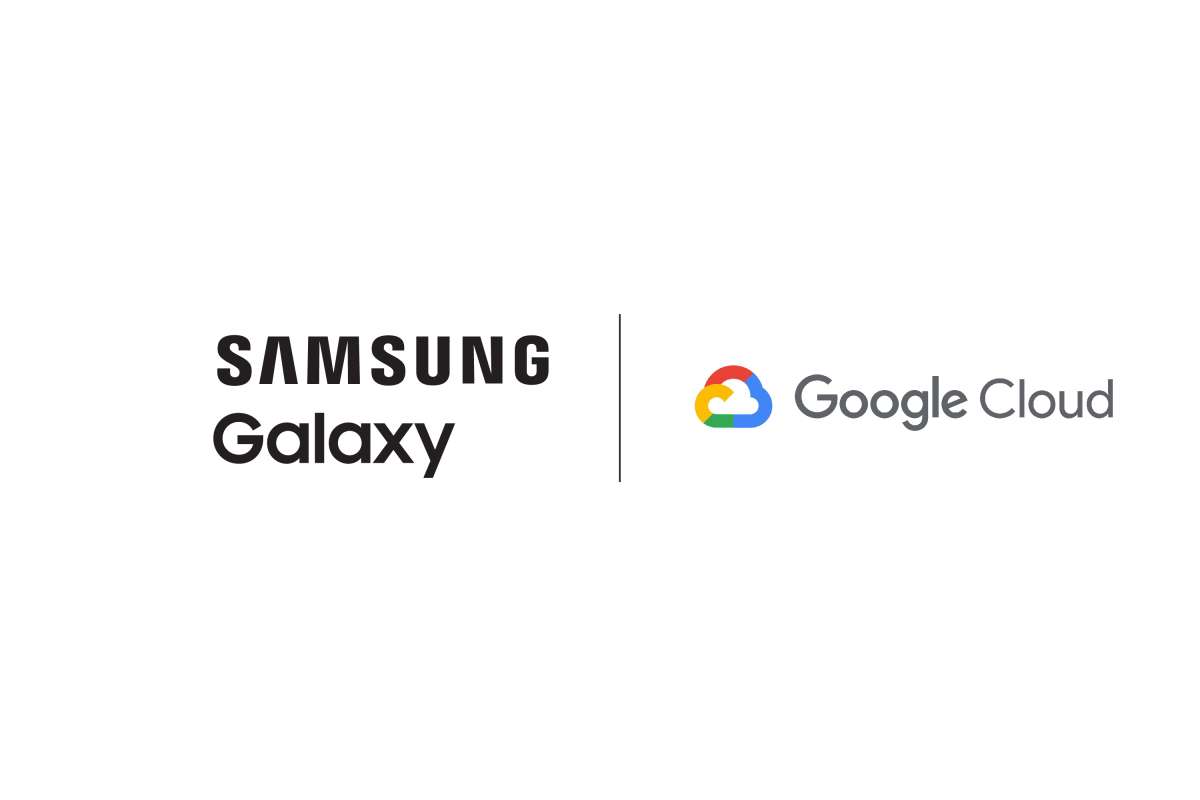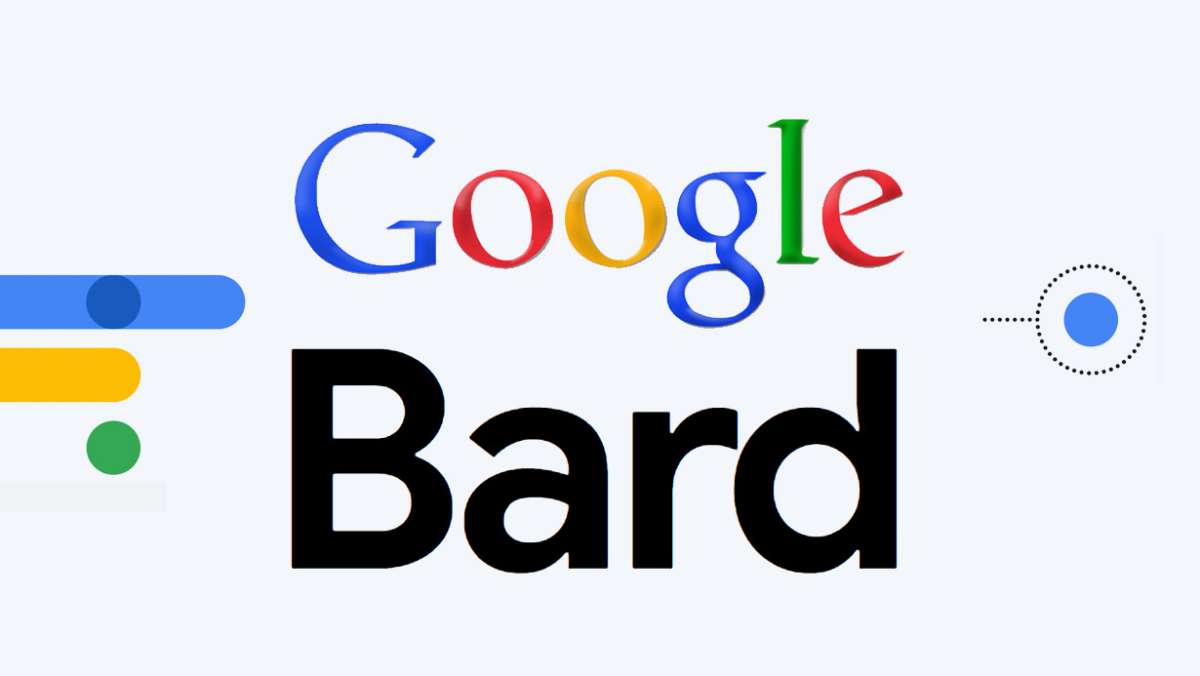The lawsuit, initiated in 2020, was brought forth by Google account holders who alleged that the tech giant was unlawfully tracking their online activities through the private browsing feature…reports Asian Lite News
In a significant development regarding online privacy, Google has agreed to a proposed class action settlement, aiming to address concerns over the collection of web browsing data in its private browsing mode, known as ‘Incognito mode.’
Filed on Monday in the case of ‘Brown vs Google’, the settlement includes provisions for the destruction or de-identification of billions of records of web browsing data collected through Incognito mode, according to a report by The Verge.
The lawsuit, initiated in 2020, was brought forth by Google account holders who alleged that the tech giant was unlawfully tracking their online activities through the private browsing feature. The proposed settlement, valued at USD 5 billion, encompasses greater transparency measures from Google regarding its data collection practices in Incognito mode and imposes limits on future data-gathering efforts.
If approved by a federal judge in California, the settlement could impact approximately 136 million Google users. According to court filings, the USD 5 billion valuation reflects the value of the data Google would be required to eliminate or de-identify, along with the data it would be prohibited from collecting in the future.
As per The Verge, the plaintiffs stated in the proposed settlement filing that the “settlement ensures real accountability and transparency from the world’s largest data collector and marks an important step toward improving and upholding our right to privacy on the Internet.”
Google spokesperson Jose Castaneda expressed satisfaction with the settlement, emphasizing the company’s belief in the meritless nature of the lawsuit. Castaneda clarified that despite the plaintiffs’ valuation of the settlement at USD 5 billion, they would not receive any monetary compensation. However, individuals retain the right to file claims for damages.
As part of the agreement reported by The Verge, Google commits to enhancing disclosures regarding the limitations of its private browsing services.
Furthermore, the company pledges to enable users to block third-party cookies by default in Incognito mode for five years, preventing Google from tracking users across external websites during private browsing sessions.
The settlement also permits individuals to pursue damages through claims filed in California state court, with 50 claims already submitted. Google asserts its commitment to user privacy, stating, “We never associate data with users when they use Incognito mode,” and affirming its readiness to delete outdated technical data unrelated to individual users.
With these developments, the settlement marks a significant stride towards bolstering user privacy rights and fostering greater accountability in the digital sphere. (ANI)
ALSO READ: Racist, Sexist: Musk Slams Google Gemini


